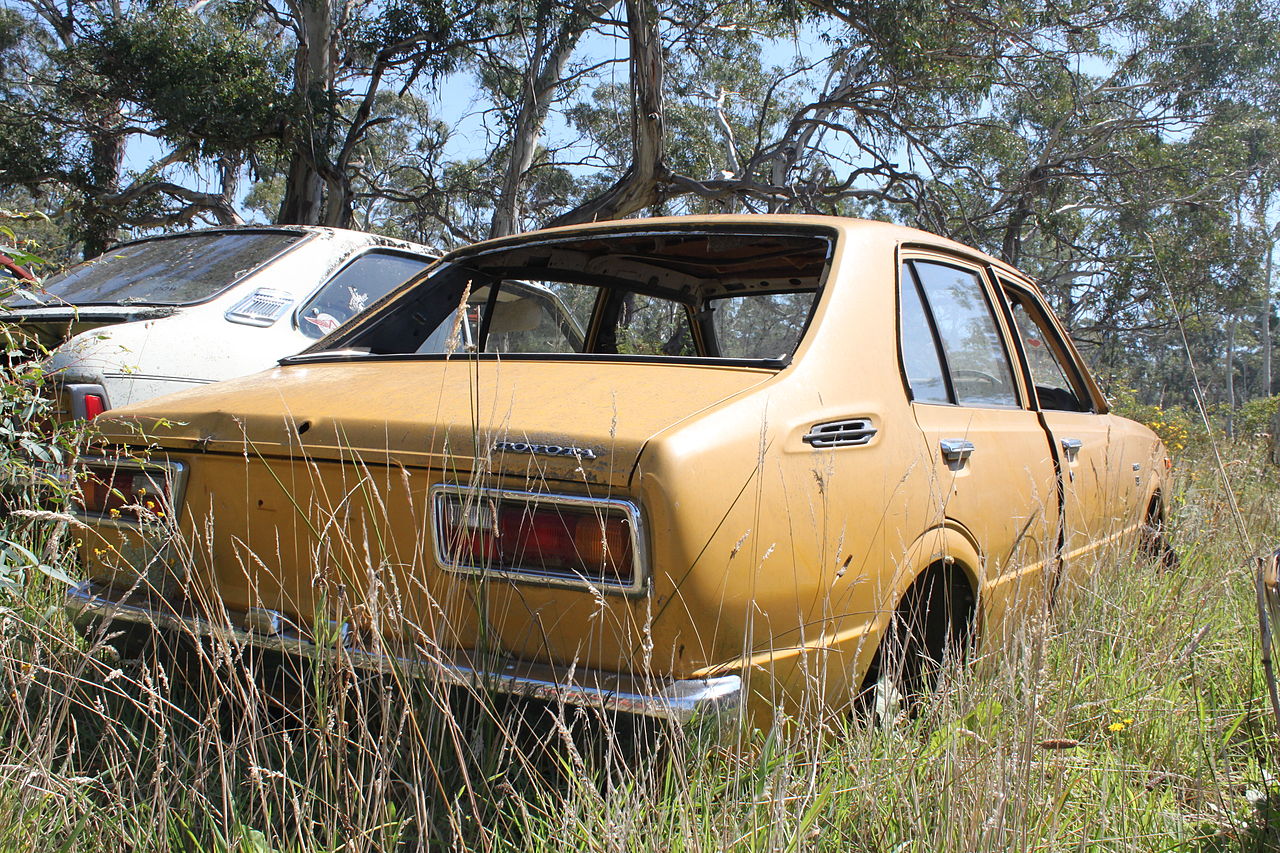
If you have a vehicle that’s been involved in a serious accident, or hasn’t been touched in years, you’re probably wondering what to do with it. Do you fix it up and sell it? Or is it time to junk it and say goodbye.
5 Things to Consider
Cars can run for a long time. It’s not uncommon for someone to drive a vehicle for 10 or 15 years and put 200k-250k miles on it. However, not all cars can withstand repetitive use and mileage. Whether it’s the result of an accident, a lack of maintenance, or simple deterioration, most cars eventually stop running (or need to be put out of their misery).
What do you do when you have a junk car sitting in your driveway? Do you fix it, sell it, or junk it? By considering the following, you should be able to determine when to pursue the latter scenario.
- Driving Condition
“There are plenty of cars out there that will technically start up; but, that doesn’t mean they’re in any condition to be driven,” explains Junk Car Traders, a nationwide junk car buying service serving all 50 states. “We’ve seen lots of cars with a running engine that have been damaged in an accident, or that or so rusty they wouldn’t be safe to take out on the open road. If you’ve got a car that isn’t in driving condition, chances are good that it’s a junk car.”
You usually don’t need a mechanic to confirm if your vehicle is in driving condition. For the most part, it’s pretty intuitive. Engaging your senses will make this clear.
- Monthly Cost
How much is this vehicle costing you? While you may not technically have a car payment (in the sense of having a car loan), you’re probably spending something to keep this vehicle going.
Grab a calculator and add up all of the annual expenses – such as oil changes and tune-ups – as well as the variable expenses like repairs, tow truck fees, insurance, etc. Once you have this number, divide it by 12. The result is your “monthly payment.” Compare this to what an actual car payment would cost you for a newer vehicle and you may find that it’s cheaper to junk your current car and get something else.
- Incentives
If you decide that you want a new car, look around and see what sort of deals dealerships and car lots are currently offering. Many actually provide incentives for trading in old rides. For example, some dealers offer a minimum payment for any trade-in (including junk cars). If this minimum is, say, $5,000, while you know your car is only worth $2,000, you should certainly consider this option.
However, you may find that your vehicle is in such bad shape that no dealer will take it. In this case, junking the car may net you more.
- Repair Costs
One of the biggest considerations in the decision to junk vs. keep/sell is the cost of repairs. If you can put a couple thousand dollars into the vehicle and continue to drive it for a few years, then you probably should. If you can pour a little bit of money into it and turn a profit by selling the vehicle, do that. However, if the repair costs outweigh the value or usability of the vehicle, junking is the only logical choice.
- Convenience
As a matter of practicality, the decision to junk vs. keep/sell often comes down to convenience. Do you really want to go through the trouble of fixing up or selling a vehicle? Or would you rather have a junkyard come take it off your hands?
Weigh Your Options
The decision regarding whether to fix, sell, or junk a vehicle isn’t always crystal clear. Do your best to weigh the pros and cons, crunch the numbers, and make a decision that’s easiest and most profitable for you. Regardless of what you do, taking action feels better that passively standing by.